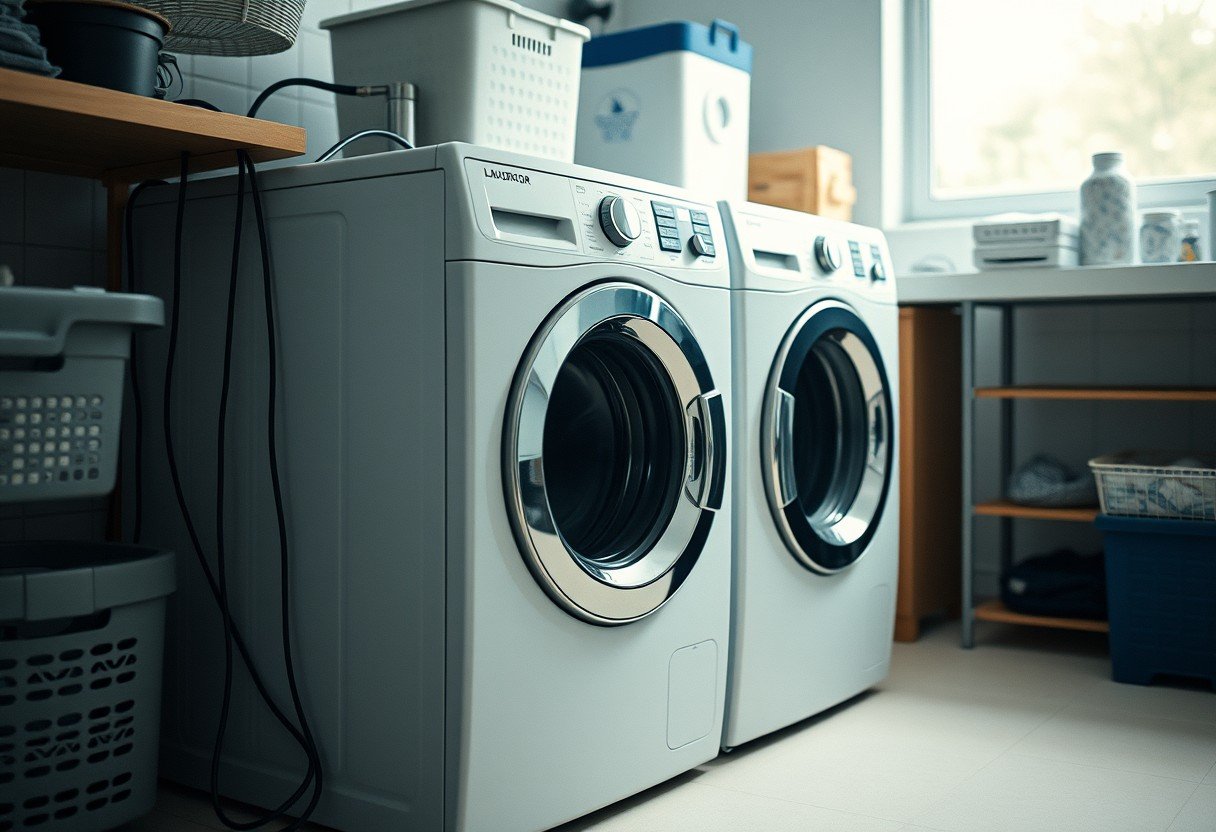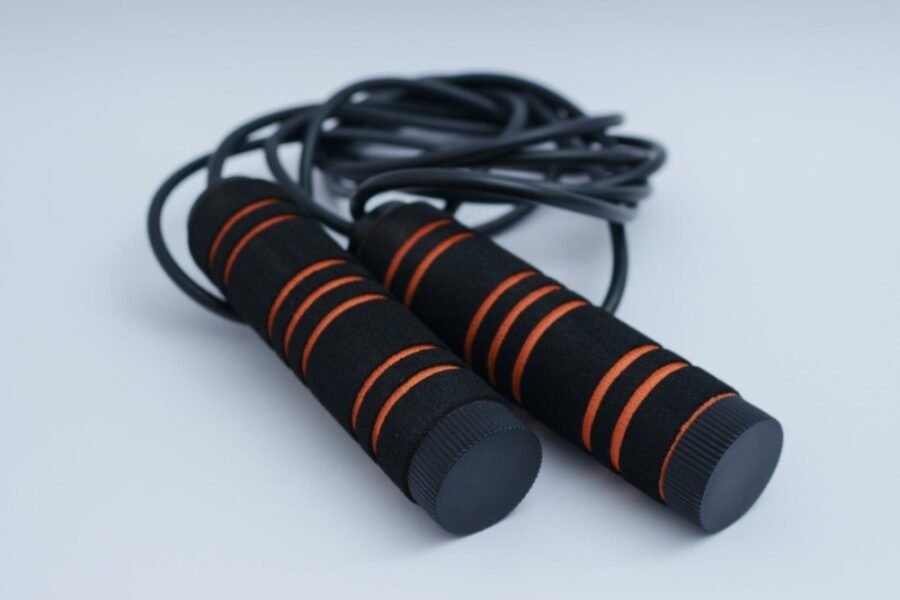You’ve likely heard the debate: should you unplug your washer and dryer when they’re not running? The answer impacts your wallet, your safety, and even the lifespan of your appliances. This simple habit can reduce phantom energy use, prevent electrical hazards, and lower your monthly bills. Let’s explore why unplugging your laundry machines is a smart move for any homeowner.
Why Leaving Your Washer and Dryer Plugged in Can be Risky
Many of us leave our appliances plugged in 24/7 without a second thought. However, it’s important to understand the potential dangers and hidden costs associated with this common practice. From fire hazards to wasted energy, the risks are real, though often overlooked.
Electrical appliances, especially large ones like washers and dryers, can pose a threat even when they are turned off. A sudden power surge, a frayed cord, or an internal malfunction can occur at any time. Leaving them connected to a power source means these risks are always present.
A major concern is the potential for a fire. Lint buildup in a dryer, combined with an electrical fault, can lead to ignition. While modern appliances have safety features, they can fail over time. Unplugging the machine completely eliminates the electrical component of this risk.
Another factor is the slow drain on your electricity, often called phantom or standby power. Your washer and dryer might have digital displays, timers, or internal sensors that constantly draw a small amount of power. While it seems minor, this usage adds up significantly over months and years, contributing to higher energy bills.
The Top Benefits of Unplugging Your Appliances
Adopting the simple habit of unplugging your laundry machines offers several clear advantages. It’s a proactive step toward a safer, more efficient, and cost-effective home.
The most immediate benefit is the reduction in your energy consumption. By cutting off the power supply, you stop all phantom energy usage, which can account for up to 10% of a household’s electricity bill. This translates directly into cost savings month after month.
You also extend the life of your washer and dryer. Electrical components are subject to wear and tear from constant power, even in standby mode. Power surges from storms or grid fluctuations can cause serious damage to sensitive electronics inside modern appliances. Unplugging them acts as the ultimate surge protector.
Beyond the practical benefits, there’s peace of mind.
- Enhanced Safety: You eliminate the risk of electrical fires caused by unforeseen malfunctions.
- Environmental Impact: Reducing your energy consumption lowers your carbon footprint.
- Appliance Protection: Your machines are safe from electrical surges that could lead to costly repairs.
Smart Alternatives if Unplugging is a Hassle
We get it—reaching behind a heavy washer or dryer to unplug it after every use isn’t always practical. Fortunately, technology offers convenient solutions that provide the same benefits without the physical effort.
Smart plugs are a fantastic alternative. These devices plug into your wall outlet, and then your appliance plugs into them. You can control the power to the smart plug directly from your smartphone, even setting schedules to automatically turn it off when not in use. Many smart plugs also monitor energy usage, giving you insights into how much power your appliances consume.
Another simple and effective option is a heavy-duty power strip. By plugging both your washer and dryer into a single power strip, you can cut power to both with the flip of a single switch. Just make sure the power strip is rated to handle the high power draw of these large appliances to avoid overloading it.
Comparing Your Options
| Method | Convenience | Cost | Key Feature |
|---|---|---|---|
| Manual Unplugging | Low | Free | Complete power cutoff |
| Power Strip | Medium | Low | One-switch control |
| Smart Plug | High | Moderate | Remote control and scheduling |
These alternatives make it easy to manage your appliance power usage without compromising convenience, helping you save energy and stay safe.
Always Check Your Manufacturer’s Guidelines
Before you start unplugging your appliances regularly, it’s a good idea to consult the user manual. While unplugging is generally safe and beneficial, some modern, high-tech machines may have specific recommendations from the manufacturer.
Some advanced washers, for example, have features like cycle memory or smart sensors that rely on continuous power to function optimally. Unplugging them might reset these settings, causing a minor inconvenience each time you use them.
For dryers, especially those with fewer smart features, manufacturers often support unplugging as a safety measure. Guidelines may suggest unplugging if the appliance is in a damp area like a basement to reduce the risk of electrical hazards.
If your appliance has Wi-Fi connectivity for remote start or diagnostics, it will need to stay plugged in to use those features. Ultimately, you must weigh the benefits of these smart functions against the energy savings and safety advantages of unplugging. The manufacturer’s guide is your best source for making an informed decision for your specific model.
When Should You Definitely Unplug?
While daily unplugging might not fit everyone’s routine, there are specific times when it is highly recommended for every homeowner.
The most important time to unplug your washer and dryer is when you’ll be away from home for an extended period, like a vacation or business trip. This simple action eliminates any risk of electrical malfunctions or leaks while you’re not there to address them.
You might also consider unplugging seasonally. If your laundry habits change throughout the year, such as doing fewer loads in the winter, unplugging the machines during these periods of low use can be a smart way to save energy. It’s a small step that contributes to long-term savings and appliance health.
Frequently Asked Questions
Will unplugging my washer and dryer damage them?
No, unplugging your washer and dryer will not damage them. However, it may reset the clock or saved cycle settings on some modern digital models, requiring you to re-enter them before the next use.
How much energy does a washer use when turned off but plugged in?
While the exact amount varies by model, most modern appliances consume a small amount of standby power, often between 1 to 5 watts. This phantom load can add up to noticeable energy costs over a full year.
Is it a fire hazard to leave a dryer plugged in all the time?
Leaving a dryer plugged in carries a very small but real fire risk. An electrical fault, power surge, or issue with the wiring could potentially lead to a fire. Unplugging the appliance completely removes this electrical risk.
Can I just use a surge protector instead of unplugging?
A surge protector offers protection from voltage spikes, which is beneficial for the appliance’s electronic components. However, it does not stop phantom power consumption or eliminate the risk of an internal malfunction causing a fire. Unplugging or using a power strip is more effective for saving energy and enhancing safety.








Leave a Comment